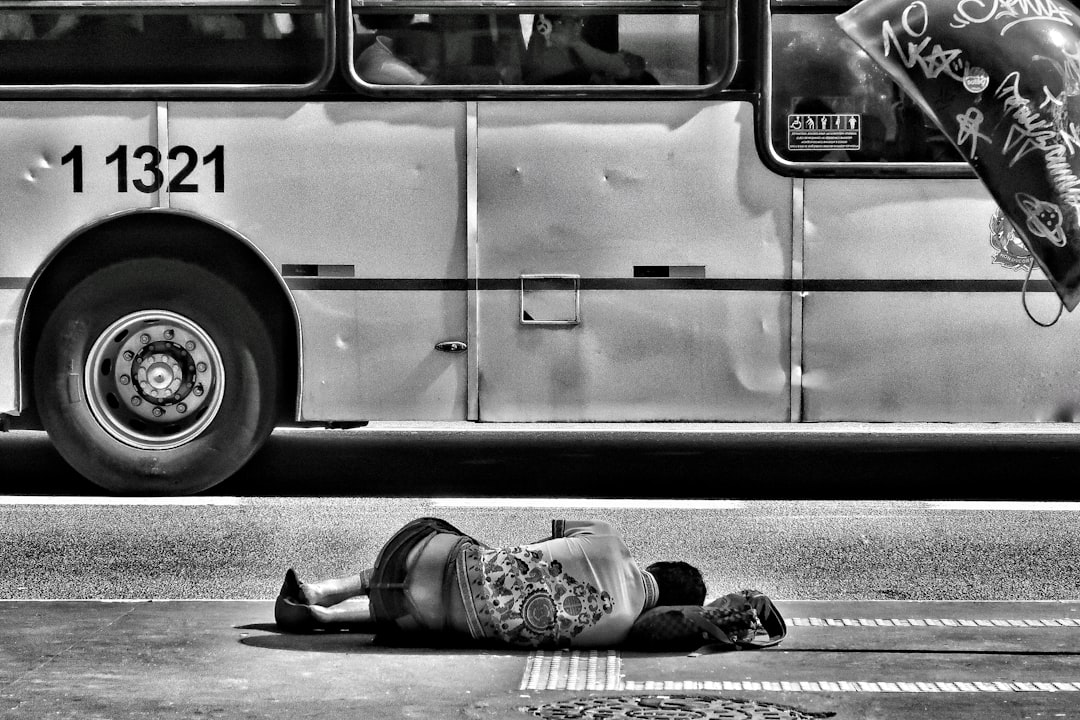What is it about?
Is it 'fair' to remove collective bargaining rights from public sector unions? This paper looks at how unions drew on wider community support to resist such attacks in the state of Wisconsin and the implications of this struggle for workers and community activists elsewhere.
Featured Image
Why is it important?
Amidst mounting attacks on trade union rights in the US and UK, unions are having to adapt their strategies and mobilise support beyond their traditional membership. The Wisconsin 'uprising' is a prime example of this trend, and this paper looks at the lessons that can be learned from it about the role of 'social unionism' in new forms of resistance.
Perspectives
Attacks on the rights of workers and trade unions are an increasingly familiar part of the political discourse and policy agenda in the US and UK. This paper looks at the ways in which such attacks are being resisted, drawing upon the 2011 'uprising' in Wisconsin as a case study. It also examines some of the possibilities for social (movement) unionism – the extension of traditional work place rights approaches to include broader agendas of social justice, civil rights, immigrant rights and economic justice for non-unionized workers
DR Graeme S Chesters
University of Bradford
Read the Original
This page is a summary of: Social unionism and the framing of ‘fairness’ in the Wisconsin uprising, Local Economy The Journal of the Local Economy Policy Unit, June 2016, SAGE Publications,
DOI: 10.1177/0269094216646995.
You can read the full text:
Resources
Contributors
The following have contributed to this page










